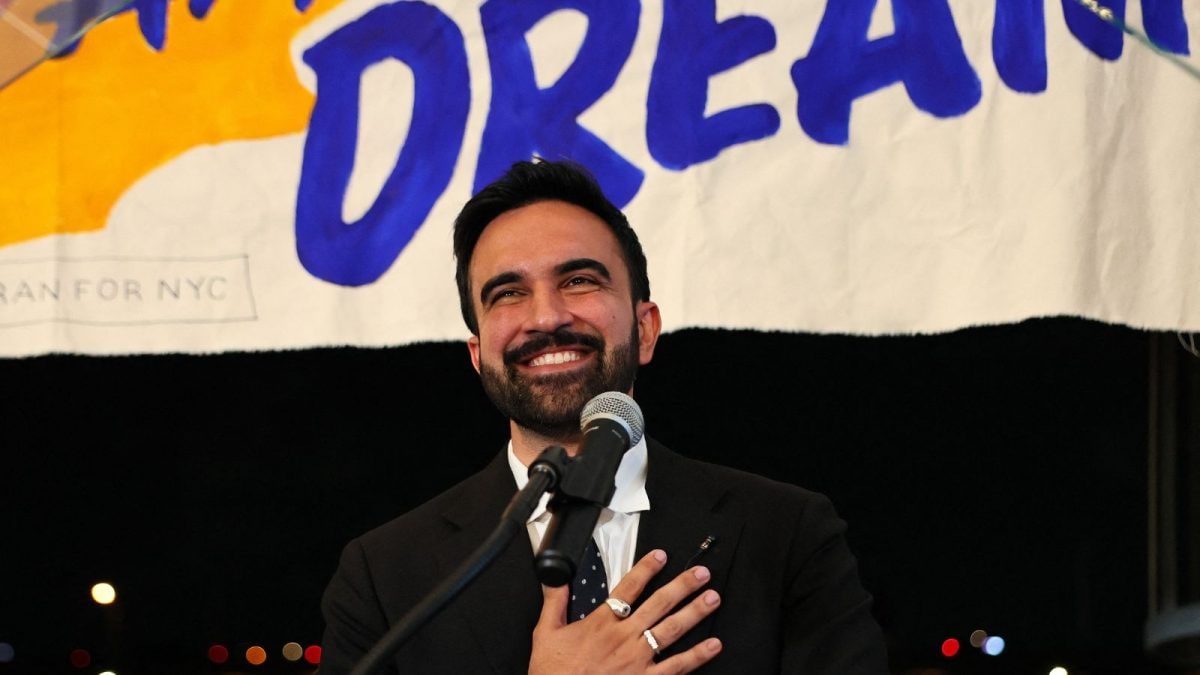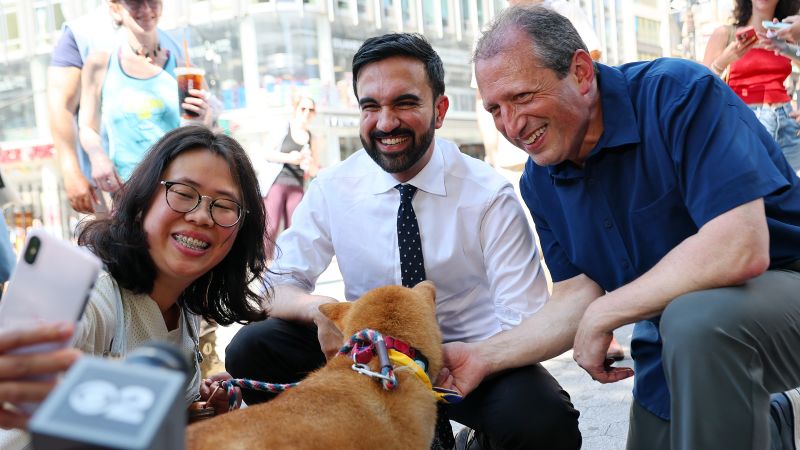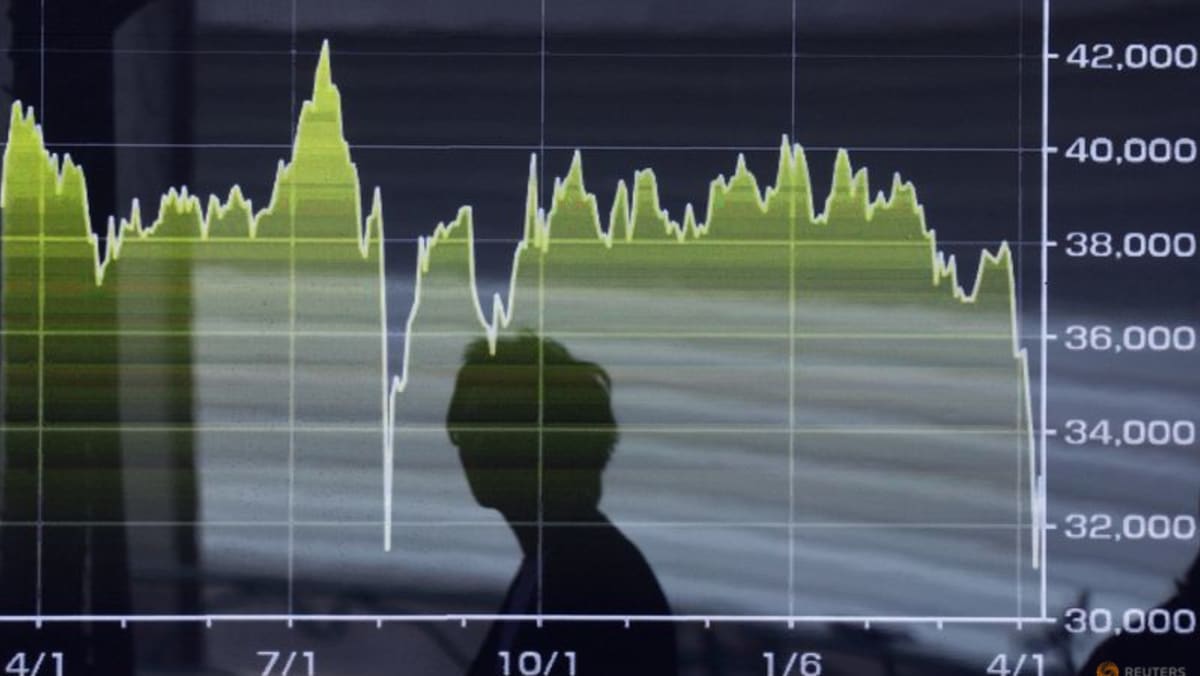New US Visa Rule Requires Public Social Media Accounts for Student and Exchange Visa Applicants

The United States Embassy in India has recently issued an important advisory that impacts visa applicants significantly, particularly those applying for student and exchange programs. According to a post shared on X (formerly known as Twitter), the embassy emphasized that failing to disclose social media details in visa applications can have severe repercussions. Specifically, applicants are required to list all social media usernames or handles used within the past five years on the DS-160 visa application form. This requirement encompasses a wide range of platforms, including popular sites like Facebook, Instagram, X, LinkedIn, and YouTube, regardless of whether those accounts are still active.
In the embassy's communication, they stated, “Visa applicants are required to list all social media usernames or handles of every platform they have used from the last 5 years on the DS-160 visa application form.” The statement further underscores the seriousness of this requirement, highlighting that applicants must certify the accuracy of the information provided prior to submission. Omitting any social media details could lead not only to the denial of a visa but could also result in the applicant being deemed ineligible for future visas, in accordance with U.S. law. This regulation is part of a broader series of security measures and vetting procedures that the U.S. State Department has put into place in recent years.
Alongside the social media disclosure requirement, there is a new rule affecting applicants for F, M, and J non-immigrant visas. These visas are specifically designated for individuals looking to study or engage in exchange programs within the United States. Effective immediately, applicants in these visa categories must ensure that all their social media accounts are set to public. The embassy explained, “All individuals applying for an F, M, or J nonimmigrant visa are requested to adjust the privacy settings on all of their social media accounts to public.” This directive aims to facilitate more efficient identity verification and vetting during the application process.
To clarify the types of visas impacted, the F visa is generally utilized by academic students, while the M visa caters to vocational students. The J visa, on the other hand, is used by exchange visitors, which includes interns, researchers, and scholars. By mandating public profiles, U.S. authorities strive to enhance transparency and uniformity in their vetting process, ultimately leading to safer immigration practices.
In a related update, the U.S. Citizenship and Immigration Services (USCIS) has announced a significant change to its text messaging system. Beginning July 1, 2025, USCIS will stop sending SMS notifications from the previous number, 468-311 (GOV-311), and will transition to a new number, 872466 (USAIMM). Applicants are encouraged to update their contact lists accordingly and remain vigilant regarding this change to avoid confusion between USCIS messages and potential spam. This modification is part of USCIS's ongoing commitment to improve and secure communication channels with visa holders and applicants.




























